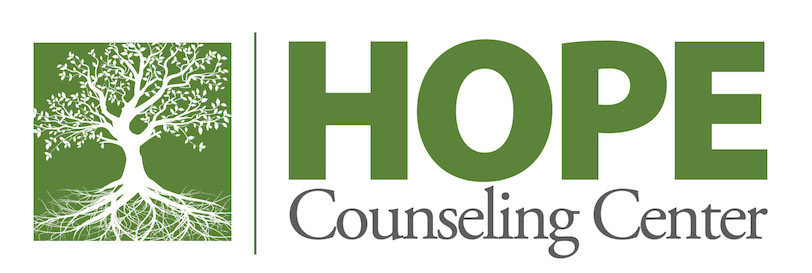G4 Frequently Asked Questions
What are the benefits of facing life’s struggles in a group context?
1. Groups help us realize we’re not alone. One of the lies that we often believe is that our problems are isolated to us.
Though no two problems are exactly the same, there is great benefit to learning that others are dealing with similar struggles.
Genesis 3: What was Adam and Eve’s first response to their sin. They immediately tried to cover themselves ad hide
from God. Human nature since the fall has been to cover our sin and hide it form others. We do this because of the mistaken belief that no one else has committed the same sin or struggled with similar issues. Or, at the very least that their issues were not as bad as ours.
Isolating ourselves away from others in an attempt to cover our sin only causes shame to grow.
2. Groups provide accountability through community. God has given us Himself, the Gospel, the Bible, and the church and promised they are effective for all things that pertain to life and godliness. Our task as Christians is to grow in our understanding of and ability to skillfully apply these resources to our struggles. Groups give us an opportunity to explore God’s Word in the context of a Christian community. We learn from one another and correct one another lovingly.
3. Groups provide a safe place for transparency. Counseling (broadly defined as seeking to offer hope and direction through relationship) happens all the time. We talk with friends over the phone, crying children in their rooms, spouses in the kitchen, fellow church members between services, and have endless conversations with ourselves. We listen to struggles, seek to understand, offer perspective, give advice, and follow up later. This is what the New Testament calls “one-anothering” and something we are all called to do.
4. Groups provide an opportunity for us to both give and receive support. Different from individual counseling, groups allow us to not only receive support, but to offer it as well. Individual counseling, by nature, is one directional. Groups give us an opportunity for mutual relationships.
5. Groups give us an opportunity to practice. Because groups are a microcosm of society at large, group members have an opportunity to not only learn skills, but practice them in an environmental setting. Group members find great benefit from learning valuable life skills while attending group sessions.
Explain the Difference in Sin and Suffering and How that Impacts Groups?
G4 Groups recognize that struggles of sin are different from struggles of suffering in terms of cause, dynamics, emotional impact, relational influence, and other ways. While every believer is simultaneously a saint, sinner, and sufferer, there are a fundamental differences (practically and theologically) between a struggle an individual does (sin) and those that happen to the individual (suffering). For example, Trauma would likely fall under the category of being sinned against. While, Substance Abuse would fall under the category of sin. This impacts the way one would process their struggle.
